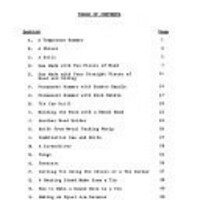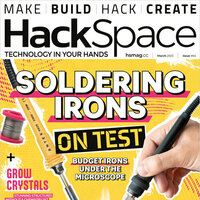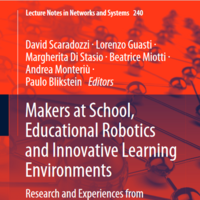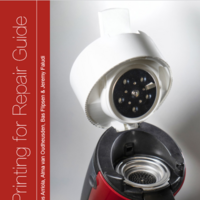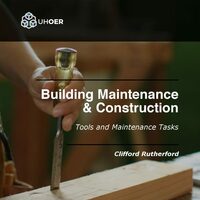Search
Books+
Searching 1,73 books
Search related to the career Tool and Die Maker
Benefits of Being a Tool and Die Maker
1. High Demand: Tool and die makers are in high demand in various industries, such as automotive, aerospace, and manufacturing. This ensures a steady flow of job opportunities.
2. Job Security: Due to the specialized skills required, tool and die makers often enjoy job security. Their expertise is essential for designing, manufacturing, and repairing tools and dies used in production processes.
3. Competitive Salary: Tool and die makers typically earn competitive salaries. Their specialized knowledge and skills command higher pay rates compared to many other trades.
4. Opportunity for Advancement: Tool and die making offers opportunities for career growth and advancement. Skilled tool and die makers can progress to supervisory or management roles, where they can lead teams and oversee complex projects.
5. Hands-On Work: Tool and die making involves working with various tools, machinery, and materials. This hands-on nature of the job can be fulfilling for individuals who enjoy practical work and problem-solving.
6. Continuous Learning: The field of tool and die making is constantly evolving with advancements in technology and manufacturing processes. This provides tool and die makers with opportunities to learn new techniques and stay updated with industry trends.
7. Creative Outlet: Tool and die makers often have the opportunity to use their creativity and problem-solving skills to design and develop innovative tools and dies. This aspect of the job can be intellectually stimulating and rewarding.
8. Job Variety: Tool and die makers work on a wide range of projects, from creating prototypes to repairing existing tools and dies. This variety keeps the job interesting and allows for continuous skill development.
9. Pride in Precision: Tool and die makers take pride in their ability to create precise and accurate tools and dies. Their work contributes to the overall quality and efficiency of manufacturing processes.
10. Transferable Skills: The skills acquired as a tool and die maker, such as precision machining, blueprint reading, and CAD/CAM software proficiency, are highly transferable. This opens up opportunities to work in related fields or pursue entrepreneurial ventures.
Disclaimer: As an AI language model, I do not have personal opinions or beliefs. The information provided above is based on general knowledge and research.
Source: Various AI tools
Vocational skills
Uhandisi
Searched in English.
